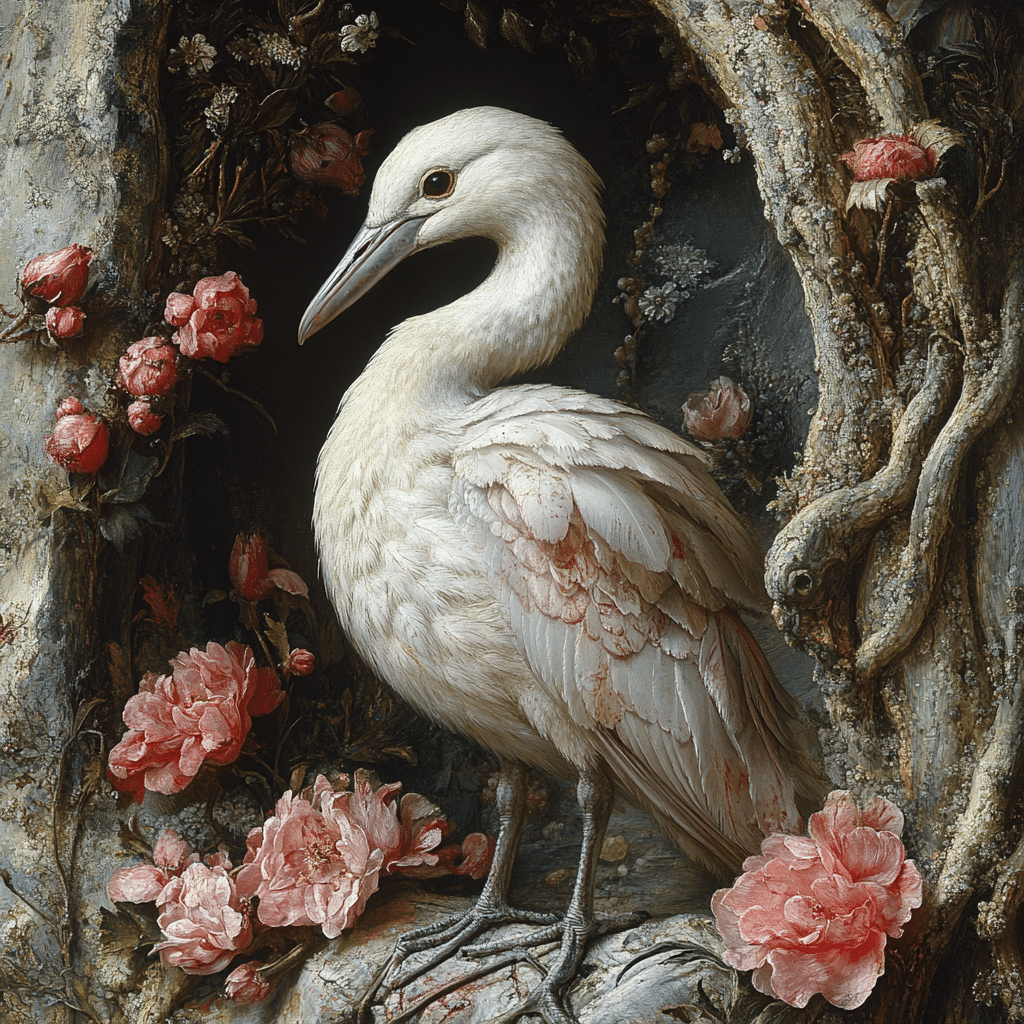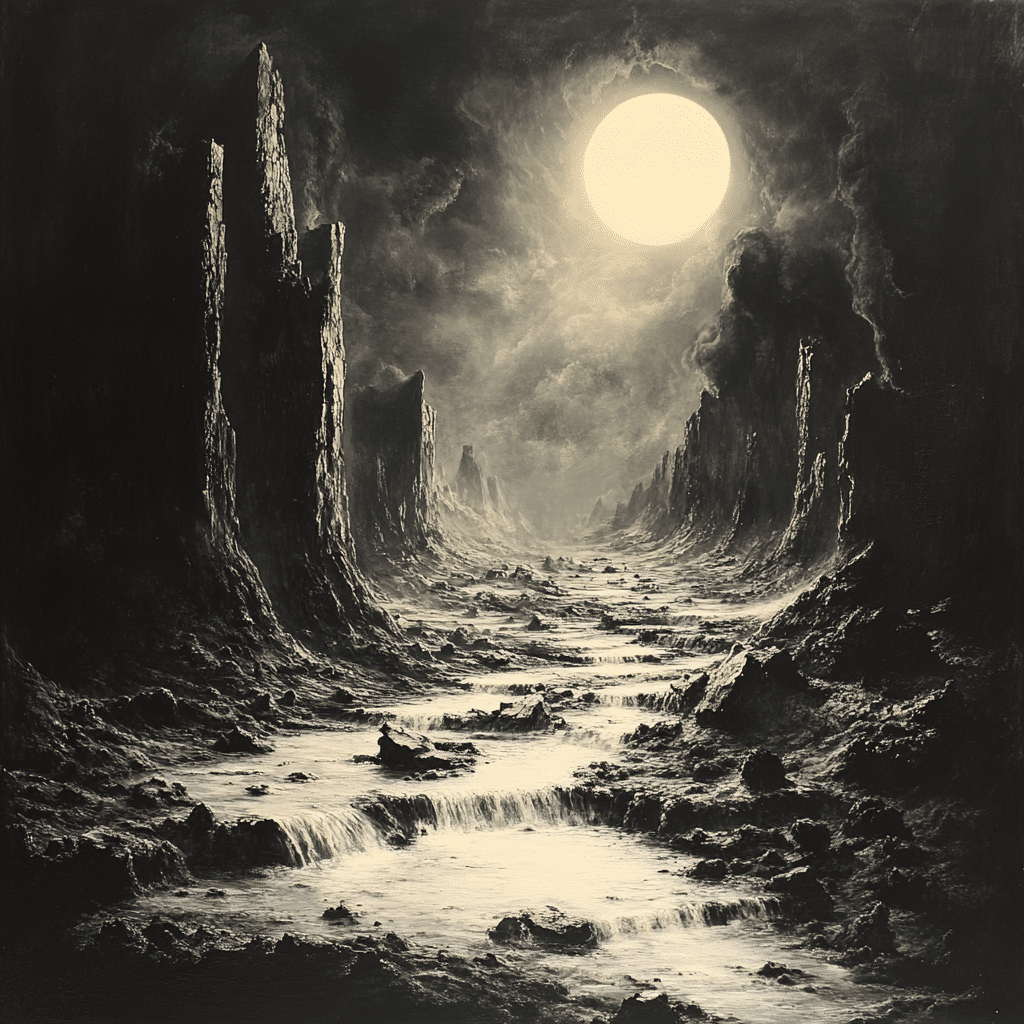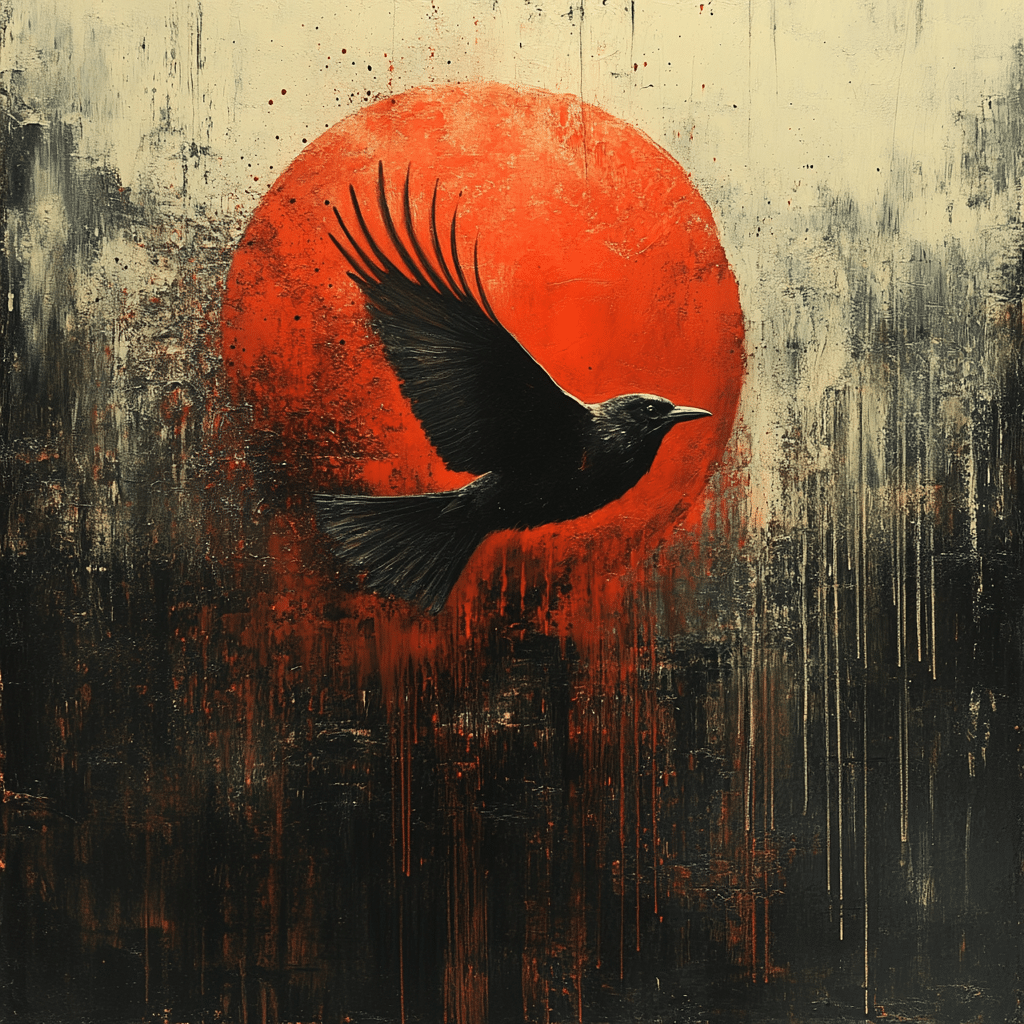
1400 The Pivotal Year Of Power Struggles And Change
The year 1400 was anything but ordinary. This year became a significant turning point in European history, showcasing a whirlwind of turmoil, transitions, and battles for power. The complexities surrounding 1400 intertwined ongoing conflicts like the Hundred Years’ War, the burgeoning influence of the Catholic Church, and the rise of new political entities. To truly understand the trajectory of later developments in Europe, it’s essential to examine how 1400 carved a path through the chaos.
1. The Landscape of 1400: A Year of Turmoil and Transition
During this pivotal time, political, social, and cultural climates were charged. The world was witnessing the fierce battles not just on the battlefield but also within the corridors of power. Alongside the English and French, who were grappling with their ongoing enmity, new challengers and alliances were reshaping the European landscape. The burgeoning influence of the Catholic Church forced monarchs to navigate the delicate balance between secular power and spiritual authority, while the emergence of educational institutions sparked a thirst for knowledge that would ultimately fuel the Renaissance.
Transitioning through 1400, one couldn’t ignore the growing tensions fueled by the Welsh Revolt or the internal strife within the English monarchy. The role of religion also expanded dramatically, fundamentally influencing governance and society alike. 1400 served as a backdrop for these unfolding dramas, showcasing how intertwined these elements were in shaping Europe’s future.

2. Top 5 Power Struggles that Defined 1400
2.1. The Dagger of Domination: The Welsh Revolt
At the forefront of battles for sovereignty was Owain Glyndŵr’s Welsh Revolt against English control. In 1400, Glyndŵr ignited a brutal conflict that not only united the Welsh people but also became a potent symbol of resistance and aspirations for national independence. This clash stood as a formidable challenger to the notion of centralized power, illustrating how fiercely oppressed communities would fight for their liberties.
The revolt inspired a broader sentiment across Europe, demonstrating that ordinary people could challenge authority, an ethos that would find resonance in various struggles throughout history. Glyndŵr’s campaign also established cultural and linguistic pride among the Welsh, fuelling nationalistic feelings that still resonate today.
2.2. The Rub of Royal Rivalry: The English Civil Conflict
In England, the power struggle took a more personal turn as factions tore at the fabric of the monarchy. The struggle for the throne drew lines of loyalty and betrayal, and Henry Bolingbroke emerged as a key player in this royal drama. His ascendance, which marked the transition from the Plantagenets to the Lancastrians, brought with it a significant shift in the balance of power.
As factions dreamed of nobility and glory, both hope and treachery festered in equal measure. This turbulence wasn’t just a feudal sprawl; it laid the groundwork for future royal dramas that would ripple through the centuries. The events of 1400 reached way beyond mere rivalry—it helped redefine loyalty and governance in a rapidly changing political landscape.
2.3. Crossed Paths: The Hundred Years’ War Escalation
The Hundred Years’ War escalated in 1400, carving deeper rifts between England and France. Battles became more frequent and intense, with military tactics evolving to match the fervor of nationalistic ambition. The Battle of Nicopolis in 1396 set the stage, and by 1400, the air crackled with anticipation for confrontations that promised devastation.
For many, this conflict was about more than lands; it was an assertion of identity. As armies clashed, political boundaries became drenched in blood, emphasizing the deep-seated enmity that fueled territorial aspirations. The shifts that began in this brutal war in 1400 were fundamental in defining how nations viewed themselves in relation to one another.
2.4. RouteOne to Reform: The Impacts of the Catholic Church
The Catholic Church asserted itself boldly in political matters in 1400. As a powerful player, it began mediating conflicts, influencing decisions on royal succession, and positioning itself prominently in the governance narratives. This rise led to power struggles not just between secular and religious entities but also within the Church itself.
These internal conflicts sown by the Church laid the very groundwork for reform movements that would gain traction in the following centuries. As secular authorities often challenged papal influence, the pathways of power shifted, setting off chains of events that would lead to profound changes in religious practices and beliefs.
2.5. Missionaries of Change: The Rise of New Educational Institutions
A cultural renaissance began bubbling amid the political turmoil, marked by the establishment of new universities, especially in Italy and France. These educational institutions sparked intellectual growth and ignited discussions that would push against the established norms. Thought leaders and educators emerged, acting as mediators amidst escalating tensions and serving as the missionaries of change.
The philosophical and ethical questions raised during this intellectual flourishing began to challenge the status quo. Educational developments in 1400 signaled a shift toward a populace eager for knowledge and critical thinking, setting the stage for the brilliance of the Renaissance.
3. Analyzing the Legacy of 1400’s Transformations
The upheaval of 1400 not only shaped its moment but also cast long shadows on subsequent generations. What unfolded during this pivotal year unveils insights into modern governance, national identities, and recurring themes in contemporary conflicts. In many ways, the seeds planted in 1400 grew into key components of political evolution, influencing the Renaissance and later the Reformation.
By examining the events of 1400, we unlock a deeper understanding of political systems and societal structures. The intricate dance of power between rulers, religious leaders, and common folk articulated in 1400 resonates with present-day power dynamics, elucidating how far-reaching the impacts of this single year truly are.

4. The Contemporary Echoes of 1400
As we edge into 2024, the echoes of 1400 resonate in today’s socio-political landscape, notably the ongoing dialogues surrounding national sovereignty and the quest for reform. Political leaders frequently reference these historical struggles as they steer their nations through complex global issues, wanting unity and stability just as their predecessors did.
The interplay of governance, religion, and emerging educational paradigms from 1400 provides a template for understanding modern conflicts. As communities grapple with national identity and the role of spiritual oversight in civic life, the history of 1400 serves as an intricate backdrop that informs present actions.
Crafting Tomorrow’s History With Lessons from 1400
Reflecting on the pivotal year of 1400 illuminates the nuanced evolution of power and influence throughout history. Those power struggles taught us about resilience and the quest for identity. Their stories inspire us to confront our contemporary challenges, motivating us to carve paths toward unity and understanding.
In the shadows of history, the legacies of those who fought for change emerge, reminding us that political battles and cultural shifts are foundational to our understanding of society. By appreciating the lessons ingrained in 1400, we can channel that spirit of change, forging a path toward a more cohesive future.
1400: A Year of Turmoil and Transformation
Power Struggles in 1400
The year 1400 was a whirlwind of power struggles and shifting alliances across Europe. As England grappled with the repercussions of King Henry IV’s reign, Wales found itself rising under the leadership of Owain Glyndŵr, who passionately fought for independence. This tumultuous backdrop echoes themes seen in modern storytelling, akin to the dramatic arcs of characters like Simon Basset, whose journey reflects deep-seated conflicts and personal transformations. Just as in indie films, where the cast’s chemistry is crucial, the conflict between the Welsh and English emphasized the importance of leadership amidst chaos, much like the compelling dynamics of the Mad Max cast navigating a post-apocalyptic wasteland.
Cultural Shifts and Expression
Meanwhile, 1400 wasn’t just about political upheaval; it was also a time of cultural change. Art and literature flourished, with the stirrings of the Renaissance beginning to surface. Innovation in expression became pivotal, similar to how contemporary creators like Kat Von D showcase their artistry through Tattoos. It’s fascinating how these shifts towards individual expression lay the groundwork for modern storytelling. Across various mediums, from films to the emerging underground idol scene, the themes of rebellion and self-identity resonate just as they did in the past.
Sporting Rivalries and Family Ties
Interestingly, 1400 also saw the birth of distinctive rivalries that echo in today’s sporting world. Just look at the way sibling dynamics play out on teams, much like the tight-knit relationship of Travis Kelce and Jason Kelce, whose bond creates a narrative we can’t help but root for. This year was also marked by familial strife across royal lines, reminding us that personal relationships can often affect larger historical events, just as the tales of royalty and rivalry continue to fascinate filmmakers today.
In revisiting 1400, we can see how its trials and triumphs influence our modern culture, from the conflicted heroes of cinema to the artistic expressions that define our times. It’s all about continuously learning from the past to inspire the future!

What was happening in the year 1400?
In the year 1400, Henry IV dealt with the Epiphany Rising, eliminating those who sought to restore Richard II as King of England. Meanwhile, the German princes deposed Wenceslaus as the Holy Roman Emperor.
How do you say 1400 in English?
You’d read 1400 in English as “One thousand four hundred.”
What is the 1400 dollars IRS?
The $1,400 related to the IRS often refers to direct payments made to individuals, with that amount being the maximum a person could receive during certain relief efforts.
How do you spell 1400 dollars in a check?
To spell out 1400 dollars on a check, you’d write “One thousand four hundred and 00/100.”
What happened in the 1400s in America?
In the 1400s, America was mostly inhabited by various Indigenous tribes, with European exploration just starting to take root during this period.
What was the 1400 era called?
The era of the 1400s is often referred to as the late Middle Ages or the early Renaissance, as it was a time of significant cultural change in Europe.
How do you say 1000000000000000 in English?
You’d say 1,000,000,000,000,000 in English as “One quadrillion.”
How do you say $75000?
$75,000 is simply said as “Seventy-five thousand dollars.”
How many thousands are in 1400?
There are 1.4 thousands in 1400 since one thousand equals 1,000.
Are we getting a $1400 check from the government today?
The information on a $1,400 check from the government can depend on specific relief measures that may be in place.
Why did the IRS just give me money?
The IRS might have sent you money as part of relief payments, tax refunds, or even stimulus checks aimed to support those affected financially.
What is the $1,400 monthly payment from the government?
The $1,400 monthly payment from the government could be related to certain benefit programs or ongoing financial assistance for those in need.
How to write $500 on a check?
To write $500 on a check, you’d put “500.00” in the numerical box and “Five hundred and 00/100” on the written line.
How do you say 1500 dollars?
You’d say 1500 dollars as “Fifteen hundred dollars.”
How to write $2000 on a check?
To write $2,000 on a check, you’d use “2000.00” in numbers and “Two thousand and 00/100” below the payee’s name.
How do you say 1400 in military time?
In military time, 1400 is read as “Fourteen hundred.”
Is fourteen hundred 1400?
Yes, “fourteen hundred” is just another way of saying 1400.
How do you spell 1400 words in English?
To spell 1400 words in English, you’d write it as “One thousand four hundred words.”
How do you say 1500 in English?
You’d say 1500 in English as “Fifteen hundred.”
What was happening in the world in 1440?
In 1440, the world saw the invention of the printing press by Johannes Gutenberg, which was a game-changer for communication and education.
What war happened in 1400?
In 1400, significant wars included the ongoing struggles between England and Wales, and others were happening across Europe, marking a period of political turmoil.
What was life like in the 1400?
Life in the 1400s was marked by feudal society, agrarian lifestyles, and the beginning of the Renaissance, leading to advancements in art, science, and exploration.
What was discovered in 1400?
In 1400, the exploration of new lands was just beginning, with figures like Henry the Navigator paving the way for future discoveries, although significant discoveries in America wouldn’t occur until the late 1400s.









